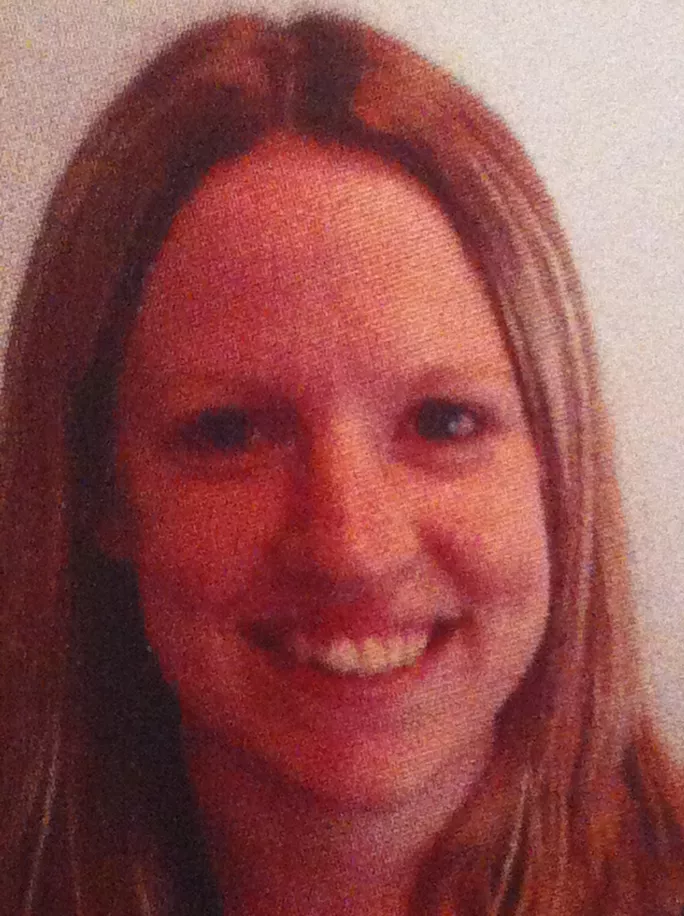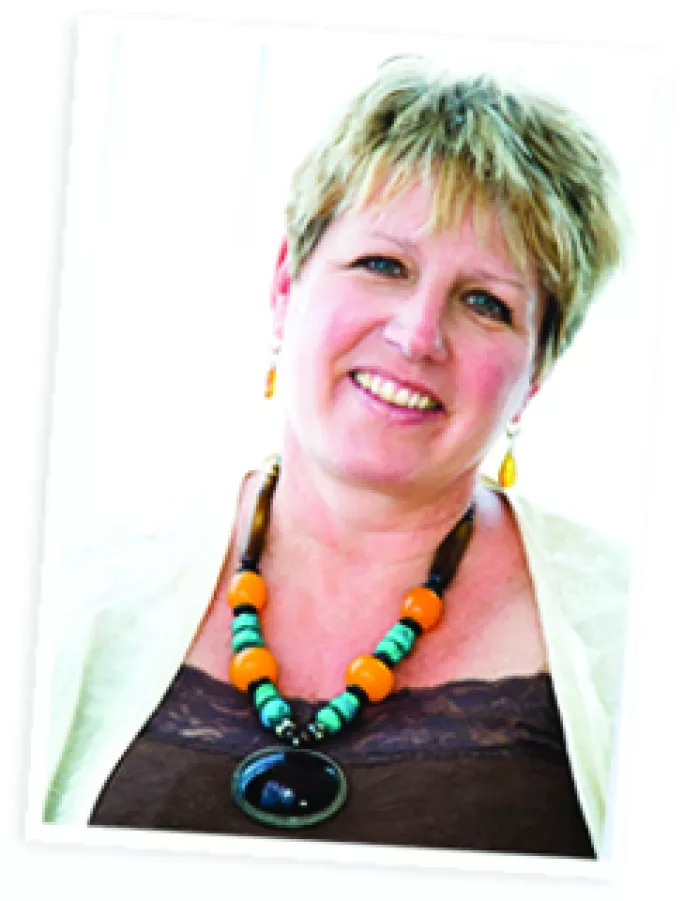
- Home
- Behaviour management: how to reclaim your classroom in the new term
Behaviour management: how to reclaim your classroom in the new term

It happens every year. After just two weeks away from school, your pupils return from the Christmas holidays having forgotten all the behaviour management rules and routines that you spent the best part of a term drumming into them.
And they’re not the only ones. A couple of weeks off can leave you feeling a bit out of practice yourself when it comes to managing behaviour.
If you went back to work last week and found your once-serene space had become chaos, the following is for you. We asked experienced teachers for their advice on how to re-establish order after the holidays.
Behaviour management for primary teachersMichael Tidd, deputy head at Edgewood Primary School in Nottinghamshire, says:

“My approach for dealing with this is a clear reiteration of expectations and rules. For example, if everyone piles into the classroom over-excited and boisterous, ask them to try coming in a second time, in a more purposeful manner. It’s also worth putting a few extra moments’ thought into activities like calling the register and lining up for assembly, to ensure that everyone still knows what is expected.
“For the most part, that should be enough to jog their memories. And, for those who find the transition most challenging, clear outlines of expectations help to reset the standard.
“Of course, if behaviour management was a greater challenge than you’d like in the autumn term, then there’s no better time to start a few new resolutions of your own. Make sure the children are clear that your expectations of them are higher; often they will rise to the challenge of meeting them as their maturity increases through the year.”
Tracey Lawrence, TES columnist and assistant headteacher and specialist leader of education in social, emotional and mental health at Danemill Primary School in Leicester, says:

“You will need to firm up routines and re-establish expectations, all in a short space of time. My half term is only six weeks long, for example, which isn’t a long time to deal with these issues, as well as getting on with working through the curriculum.
“The best way to go about it is to revisit all the basics. Refresh seating plans and table groups. Discuss expectations of behaviour and learning, making reference to school rules and class contracts, including the rewards you will receive if you follow the steps and any sanctions for undesirable behaviours.
“Be visible on the playground and around school to reinforce expectations and have a meeting with support staff and the other teams in your key stage to make sure that you are all on same page.
“And, of course, you can read my weekly column in TES for more support, too.”
Behaviour management for secondary teachersJulia Vincent, headteacher at Warblington School in Hampshire, says:

“There’s also the fact that not all families can afford lots of presents. In our consumer-driven society, this can be an issue for some students. Playground talk about what presents you got is tricky if you didn’t get many.
“I always remind staff to be sensitive to this. Assemblies are important for resetting boundaries and expectations. We usually have all year groups in an assembly on the first day, just to reinforce everything. Teachers should then follow this up themselves and be in the corridors welcoming students into their classroom and again reminding everyone of the expectations.
“Depending on how well-embedded expectations are this may be all that is required. I always ask staff to get straight on with learning. Welcome students back, but then get quickly involved in the lesson.”
Alex Quigley, director of research at Huntington School in York, says:

“In my experience, they can forget the basics of what it means to be focused. They need to be reminded how to listen, when to speak and when to concentrate. In short, they need to re-establish themselves into a healthy routine to help them learn successfully.
“Consistency is the answer. Greet students at the door and then circulate the room, following the school sanctions to the letter. Resilience and dogged determination win out with behaviour management. We need to show confidence in our routines and, in doing so, ultimately show our students that we care.
“I do three things at the start of each new term to reassert my routines. First, I will shake up the seating plan a little, to freshen up the group dynamic. Then I will reiterate and re-establish the golden rule: no speaking when somebody is already speaking. The respect and mutual regard that stems from this golden rule is essential. Lastly, I will create pockets of silence so that thinking hard can happen in every lesson. It is these moments of calm, focused learning that will help you to reclaim the classroom in a way that is unspoken but powerful.”
Want to keep up with the latest education news and opinion? Follow TES on Twitter and like TES on Facebook
Register with Tes and you can read five free articles every month, plus you'll have access to our range of award-winning newsletters.
Keep reading for just £4.90 per month
You've reached your limit of free articles this month. Subscribe for £4.90 per month for three months and get:
- Unlimited access to all Tes magazine content
- Exclusive subscriber-only stories
- Award-winning email newsletters
You've reached your limit of free articles this month. Subscribe for £4.90 per month for three months and get:
- Unlimited access to all Tes magazine content
- Exclusive subscriber-only stories
- Award-winning email newsletters



